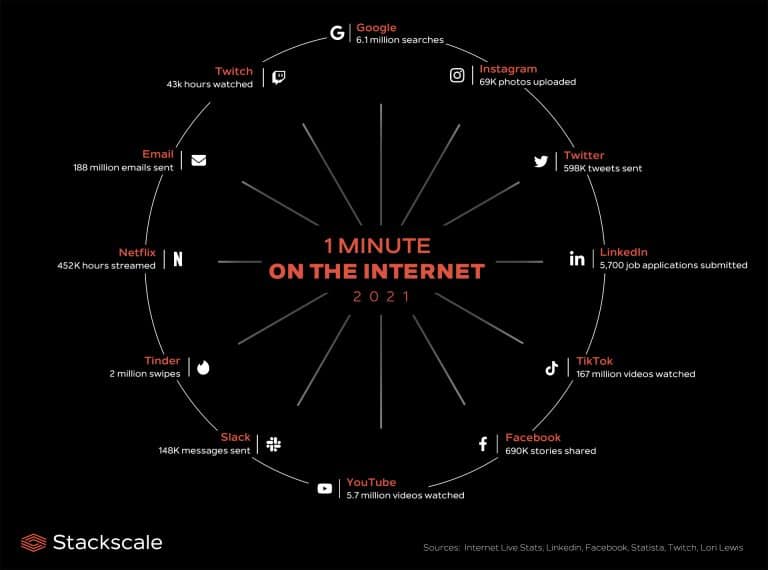Have you ever wonder who keeps all the Internet’s clocks in sync? The Internet’s most famous “clock maker” is Judah Levine. The physician Judah Levine contributed to create the software to control the hour over the Internet. In 1993, he had the great idea of distributing time over the Internet and he built the servers to do so. This “official time” is maintained from the time.gov server since that same year.
Nevertheless, the oldest active protocol on the Internet is the NTP protocol (Network Time Protocol), designed in 1985 by the computer engineer David L. Mills, of the University of Delaware. This same institution is the one in charge of maintaining the protocol together with a team of volunteers.
For its part, the NIST (U.S. National Institute of Standards and Technology) is in charge of maintaining the “universal official time”, so that it can be synced in all electronic devices around the world.
Atomic clocks and the highest precision for distributing time over the Internet
This time distribution system is extremely accurate. Why? Because all servers synced within its network are connected, at the same time, to some of the atomic clocks that securely store the “universal official time”.
Atomic clocks, invented in 1948, allow measuring time in a much more accurate manner, independent from the Earth’s movements. These clocks only win or lose a second every 300 million years. Atomic clocks are responsible for maintaining a continuous and stable time scale: the International Atomic Time (TAI), which, in turn, is the basis of the Coordinated Universal Time (UTC).
To sum up, thanks to this synchronization with the atomic clocks, this time distribution system allows to share UTC time with browsers, personal devices and other software all around the world, accurately. In fact, all devices connected to the Internet have consulted this service or one of its replicas at some point.
About 150,000 request per second
This service, free and open to everyone, answers the question “What time is it?” about 150,000 times every second, which means around 16 billion request per day.
These numbers, together with the constant growth of worldwide devices (and requests), are one of the network’s main current problems. In order to be able to handle the increase in the number of requests, it is necessary to increase the servers’ capacity, the number of available replicas, and even the number of atomic clocks that are synced.
One of the solutions to this problem, which is already in place in some cases, is separating the traffic of those devices that don’t need such precision (for instance, personal devices). One of the most well-known sites for syncing your device’s time is Pool NTP, which has more than 4.000 NTP servers.




